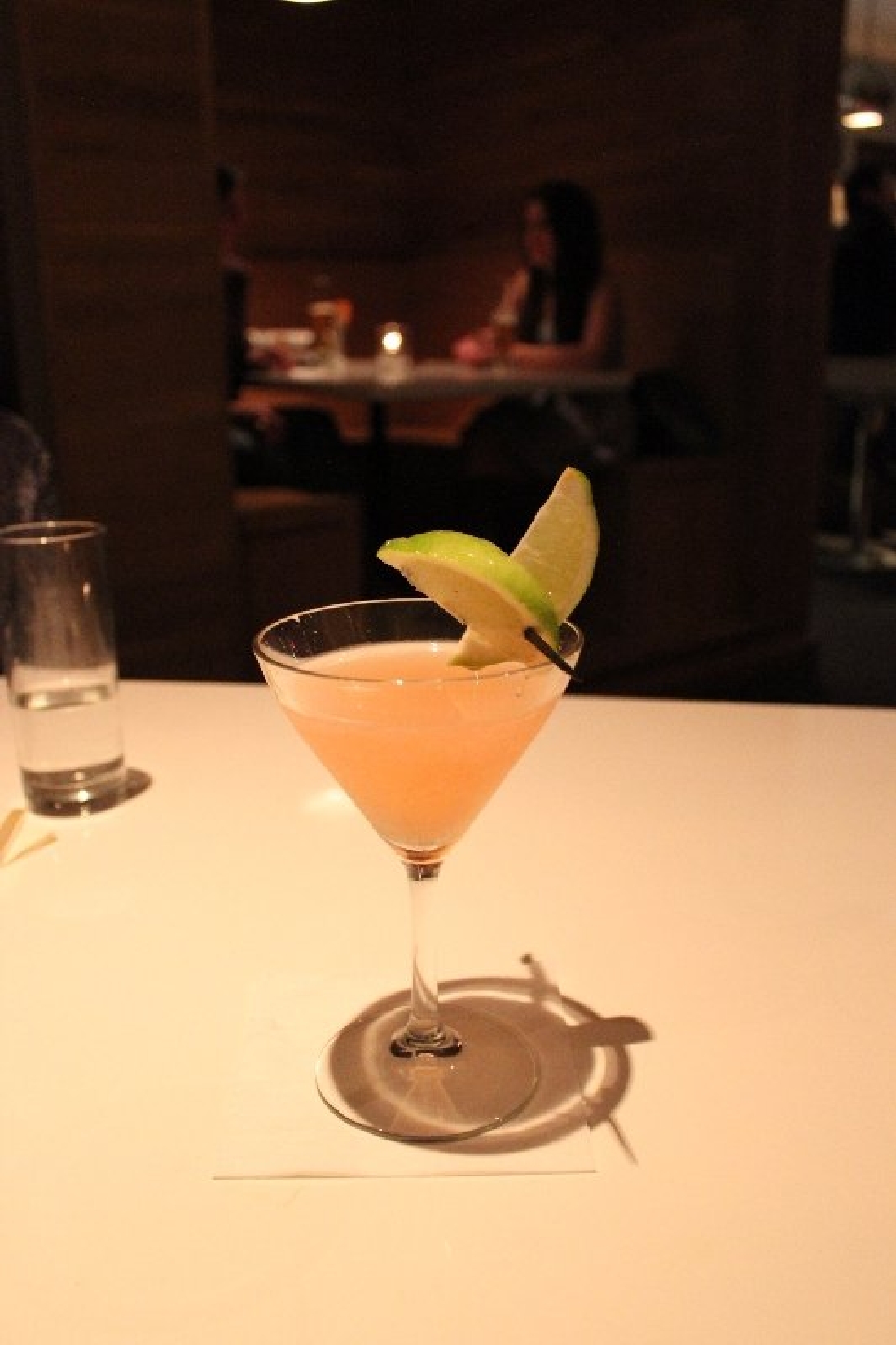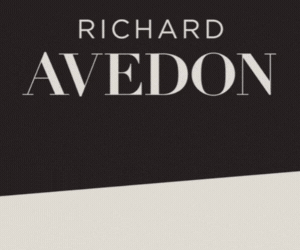In recent years, as the food and beverage industry has moved away from enticing guests with a martini list and shifted to shilling liquor with a cocktail menu, the word “cocktail” has been morphing from a term referring to a well-made alcoholic beverage to meaning anything that gets someone drunk when they don’t want to admit to the people around them that they’re getting drunk. I understand that even though every word has a definition our collective understanding and use of words is fluid (pun intended), but this is presenting a peculiar problem to professional bartenders. The way we (bartenders) use the one word that defines our craft is no longer the way that the general public is using the one word that defines our craft.
The word “burrito” is my favorite analogy for this situation. When I hear someone say “burrito” I think of a tortilla filled with wonderful Tex-Mex ingredients like beans, cheese, meat, lettuce, sour cream, and if I’m lucky, guacamole. It could be literally interpreted to mean “little donkey” though. Most people we know would default to the former understanding, but what if you’re part of that select group of people who raise donkeys in Mexico for a living? Burrito would be a noun that you use in your livelihood and day-to-day life to mean “little donkey,” while the rest of the world understands it to be an item on the value menu at Taco Bell. Keeping that in mind, let’s talk about the word “cocktail.”
My use of the term “cocktail” is probably more generous than some of my purist colleagues. To them it is a term that strictly describes a beverage composed of sugar, water, alcohol, and bitters. I use it to describe any thoughtfully crafted drink that has an overall flavor profile that’s greater than the sum of its parts, prepared by a skilled bartender. No matter which side of the camp a professional bartender falls into, we can all agree that in the great spectrum of libations there are drinks that can be called cocktails and other drinks that we would classify differently.
Opening a beer and drinking it is not having a cocktail. A cocktail party that only serves beer and wine is, by nature, not a cocktail party at all. A two-part mixed drink in which a mixer is added to alcohol for the express purpose of masking the taste of the alcohol is not a cocktail. I’m not asking everyone to accept my definition of the word and adjust their lives accordingly. I’m simply trying to say that we should call an apple an apple. If you’re going to step up to the bar and order a beer, don’t try to mask your effort to catch a buzz behind the pretense of the word cocktail. You’re fooling no one. Side note: I hope there’s a special place in hell for the people that feel obligated to let everyone around them know that when they order a “rum and coke” it’s actually called a Cuba Libre.
Another point of confusion that exists with the use of the C word is that even Applebee’s has a cocktail and mixology section on its menu. To be very clear, what Applebee’s does with booze in exchange for money is NOT what I do for a living. To put it in perspective, comparing Applebee’s cocktails to those produced by pro bartenders is like comparing its burger menu to Rodeo Goat’s. Yes, they both use the word hamburger, but when the debate over the best burger in town comes up are we going to hang our hat on the mushroom Swiss burger at Applebee’s or are we voting for the burger of the week at Rodeo Goat?
I guess that even though I just did, I can’t complain about the word cocktail being used so much. After all I create them, sell them, and produce them for a living. I don’t even mind that the use of the term is shifting from its original, very rigid, definition into a broader and more colloquial meaning. I just hope that I can do my part to bridge the gap between the common use and professional use of this word and endear myself to professional small donkey ranchers everywhere.












